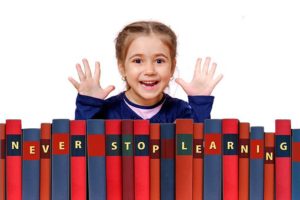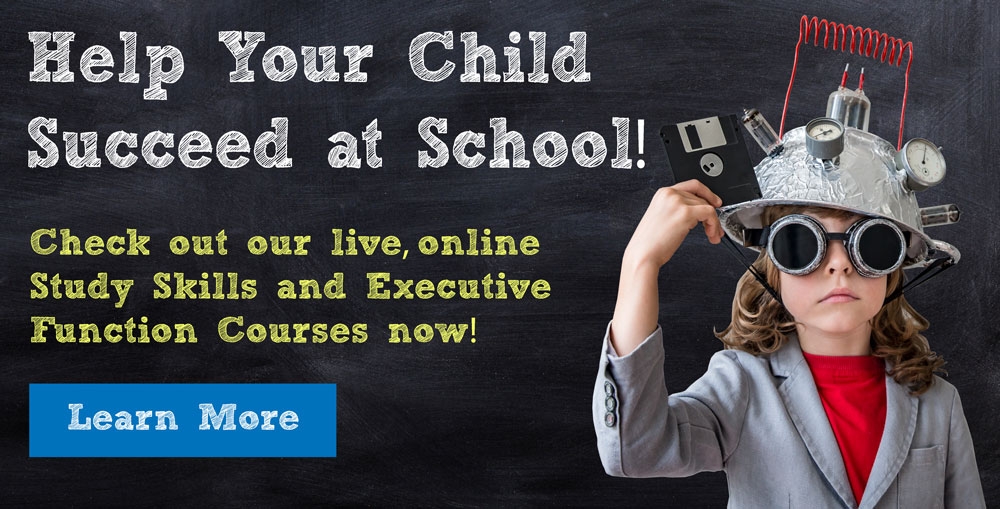Across the Internet there is an abundance of information available about learning disabilities. Learning disabilities affect the brain’s ability to receive, process, analyze, and store information. There are many strategies that children can use to make learning easier. Included in the following links are interesting and well written articles by parents across the field, in addition to resources collected from social media platforms such as Pinterest. Check out the following list of resources for parents to learn about learning disabilities, updated regularly by our team at South County Child and Family Consultants.
Articles for Parents
Invisible Disabilities: What Teachers May Not See – Article about Learning Disabilities, also known as “invisible” disabilities, that may be hidden from teachers or parents.
Auditory Processing Disorder (APD) – An Article about Auditory Processing Disorder (APD). Describes signs and symptoms, as well as strategies to cope with it.
Dyslexia – An Article about Dyslexia, sometimes referred to as a Language-Based Learning Disability. Lists symptoms and helpful strategies for Dyslexia.
Language Processing Disorder – Language Processing Disorder is a type of auditory processing disorder that refers to the specific processing of language. This article also lists the signs and symptoms as well as some helpful strategies.
Non-verbal Learning Disabilities – “Non-verbal Learning Disability (NVD or NVLD), is a disorder which is usually characterized by a discrepancy between higher verbal skills and weaker motor, visual-spatial and social skills.” (from LDAA Website).
The 5 Commandments for Parenting Children with LD – In this article, a parent of children with learning disabilities shares her five simple rules for managing over the long haul, most noteworthy, taking care of your own health and wellbeing. So
Setting Our Kids Up for Success – This family reveals their keys to success for raising children with learning disabilities. These include: open communication, building on their children’s strengths, and working closely with the school.
The Differences Between IEPs and 504 Plans – Both Individualized Education Programs (IEPs) and 504 plans can offer formal help for K-12 students with learning and attention issues. This chart compares them side-by-side to help you understand the differences. So
Pinterest Posts for Parents
Dyslexia & Learning Disabilities – This pin from Pinterest includes over 100 great activities for dyslexia and other learning disabilities. By Yoreganics, from Pinterest.
Creative Ways to Work with Dyslexia – This pin includes resources for teachers and parents of children with Dyslexia. Also includes helpful learning tricks and coping techniques. From Pinterest.
Learning Differently – This pin includes tips and information on learning disabilities, special needs, IEPs, special education, evaluations, etc. By Ashleigh’s Education Journey, from Pinterest. Also
Advocacy Tips – If your child attends a public school and has an IEP for Learning Disabilities — or if you want him to be in the Special Education System, these tips are for you. By Brighter Solutions for Dyslexia, from Pinterest. So
Learning Styles and Disabilities – Tips and tricks for accommodating different learning styles and learning disabilities. Make learning fun for everyone! By Ashleigh’s Education Journey, from Pinterest. Because
Receive online class information and helpful tips from Dr. Randy Kulman's LearningWorks for Kids |





